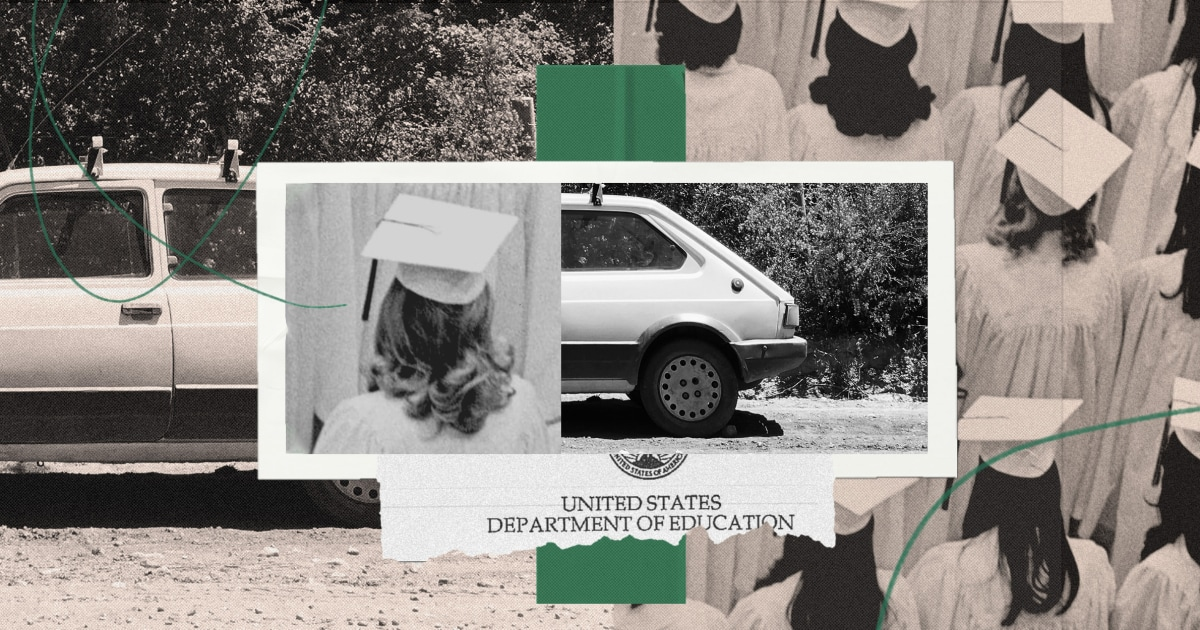Tens of millions of Americans with federal student loan debt have had a financial reprieve for more than three years as a pandemic-era repayment pause was extended multiple times since March 2020.
Now many face a new reality on Sunday, Oct. 1, when they are due to resume making payments, all while struggling with nagging inflation and rising interest rates.
More than 45 million borrowers together owe approximately $1.6 trillion, according to President Joe Biden’s administration, which tried to cancel up to $20,000 in student debt for tens of millions of eligible borrowers, only to have the Supreme Court kill the program in June.



I mean…I still owe $8K and I spent the last three years paying directly to the principal as well. That said, I still hate this. Rather than being able to pay off in another year or so, it’s going to be closer to five years.
There’s options available. Like, how about a “step up” rather than just reopening the floodgates? Turn on the repayments, but not the interest. How about keep the interest off the last $20K if you’re not in the rears? Allow people to get a chance to make progress on their debts, or at least give an incentive on keeping the payments current.
A direct return to the status quo doesn’t get lenders their money in a time of rising rates, and it definitely doesn’t help those in debt nor the overall economy.
“Allow people to get a chance”
They had 3 years… before that it was expected that they would make payments. Are you under the impression that everyone took out these loans thinking that they would never have to pay them back?
So do you not understand who has the most trouble paying off this debt or what’s up?
Most high-risk student loan debt is held by college dropouts. People who went to college, it wasn’t for them (or life intervened), and they had to leave college - with the debt and without the benefit.
We as a society urge students to go to college because having a highly educated workforce is a good thing. This is an externality we created and it behooves us to resolve this externality socially.
The question of “personal responsibility” is, as is so often the case, irrelevant when discussing governance. You don’t govern for the best case scenario, you govern to address externalities.
I like how you add information that I never critiqued. The point is that claiming that having 3 years of minimal payments is somehow not a reprieve from the previous circumstances, is utterly false.
If you want to argue for free university, then fine do it. But do it from the very beginning, don’t tack it on to some vaguely related initial comment.
“The question of personal responsibility is irrelevant in governance”
I actually agree, it’s where I think conservatives fail. Where liberals fail is ascribing moral blame for personal decisions on others. When someone makes a conscious personal decision to take risk, you can’t just blame society for when they individually have an unsatisfactory outcome. (It’s the same shit we get when we ask how society failed all those poor mass shooters).
Now of course this entire post was an individualistic claim, so maybe you can see why I didn’t start with a federal policy critique.